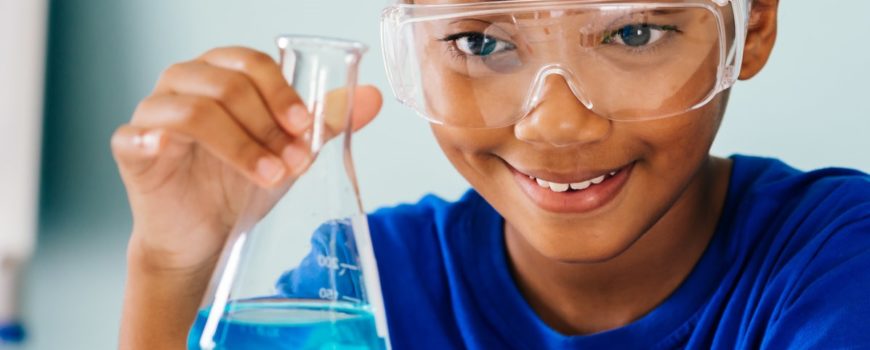Looking after children’s eye health at school
Research shows that around 20% of school-aged children have an undiagnosed vision problem.
For your child to develop to their full potential both at school and socially, good eyesight is key. The eye is still developing throughout early childhood so if problems are treated early, it can make a lasting difference.
It’s never too early to have a sight test and visiting an optometrist will mean you can spot and manage vision problems that may affect your child’s development.
How do I know if my child has an eye problem?
Some eye conditions do not display any signs or symptoms, and children are usually not able to tell you if they can’t see well; they may find it difficult to explain any difficulties they’re or may not even know when their vision is not normal. Signs of excessive blinking, rubbing, unusual head tilt, or too-close viewing distances are worth a visit to an optometrist.
We can keep an eye on our children, but the only way to know for sure if your child’s vision is 20/20, is to take your child for a sight test with an optometrist. In fact, we recommend that all children come and see one of our optometrists for a sight test around the age of three so that conditions are picked up and treated early.
What is a sight test?
A sight test is a comprehensive check which can pick up many conditions, including colour vision defects, problems with the development of 3D vision and any need for glasses.
Children’s eye tests are different from eye test for adults. As we need to test children’s’ eyes even if they are unable to read, the tests usually involve bright lights, coloured lenses or our optometrists use specially designed charts with shapes, pictures, or letters to match, or they use picture books and other visuals to test for colour blindness and how clearly your child can see.
After the first test it is a good idea to return every two years.
Paying for an eye test
The New Zealand Ministry of Health can help pay for eye tests, eye patches and glasses for kids aged 15 years and under who have eyesight problems.
Kids’ eye care – what can I do to look after my child’s eyes?
 Teaching kids eye care and safety habits instils in them the importance of looking after their precious eyesight for lifetime.
Teaching kids eye care and safety habits instils in them the importance of looking after their precious eyesight for lifetime.
Building awareness about how your overall health habits affect your eyes and vision as well as how to keep your eyes safe from injury and infection at a young age will help to create vision health for a lifetime.
Encouraging and reminding children to follow these tips can go a long way to looking after eye health now that they are back at school.
- Exercise: Regular play and exercise can help with eye health. Studies show we should aim for two hours of outdoor activity a day.
- Drink: Make sure kids drink enough fluids. The eye is surrounded by fluid, which protects the eye by washing away debris and dust every time you blink. Staying well hydrated is very important to maintain a healthy balance of fluid in the eye.
- Use Eye Protection: Protecting eyes when playing sports is important. Speak to us about the correct eye protection. It can prevent serious eye injuries and kids still look cool.
- Wear Shades: Children can protect eyes from the sun by wearing 100% UV blocking sunglasses and a hat with a brim when outside. Teach children to safeguard their eyes by never looking directly into the sun.
- Be Aware: Talk to children about what to do if they notice any changes in their vision. They should tell a teacher if their eyes hurt or if vision is blurry, jumping, double or if they see spots or anything out of the ordinary.
- Don’t Rub: If they feel something in their eye, don’t rub it – it could make it worse or scratch the eyeball. Remind them to ask an adult to help wash the object out.
- Give Your Eyes a Break: With the digital age, there is much well-warranted concern about kids’ posture when looking at screens. Remind children not to hold digital devices too close to their eyes. A comfortable viewing distance it is the distance from the chin to the elbow. Also, when looking at screens, remind them to follow the 20-20-20 rule: take a break every 20 minutes, for 20 seconds, by looking at something 20 metres away.
- Keep Them Clean. Always wash hands before touching eyes. This is for both eye health and to keep unwanted viruses away!
See us for kids’ eye care
If you suspect vision changes in your child, make an appointment for a comprehensive eye test with one of our Auckland optometrists by calling 09 522 1283 or 09 836 1731. Concerns can be discussed, and your eye-care practitioner will recommend the best path forward for you and your child.

